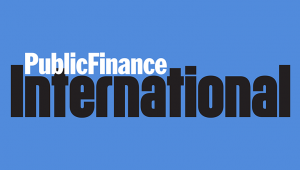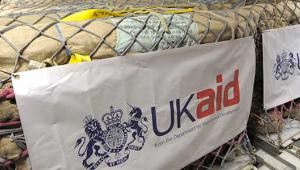By Judith Ugwumadu | 4 July 2014
Auditors have criticised the UK Department for International Development for weak financial oversight of a multinational development agency to which it gives more than £250m.
The Private Infrastructure Development Group is a multilateral organisation that invests in infrastructure projects in developing countries. Founded by four donors, including DFID, it is governed by development agencies from eight countries and the World Bank.
In 2011, DFID decided to increase the funds it gives to PIDG from £49m in 2010 and 2011, to £258m in 2012 and 2013. Around 70% (£414m) of the groups’ funding comes now comes from DFID.
Many PIDG projects look likely to achieve good development impacts and financial returns, often in difficult environments in Africa and south Asia, the NAO stated. But the watchdog criticised DFID for failing to ensure there was sufficient monitoring and transparency of PIDG’s administrative costs. For example, in 2011, the group booked 15 flights for board members, each costing over £5,000.
It highlighted that the group did not regularly publish or monitor its total administrative and operational costs, which the NAO estimated were around £23.8m in 2012, representing around 2.8% of funds that could have been invested.
DFID also had over-optimistic expectations by paying some money into the PIDG Trust well before funds were paid out to beneficiaries. Between January 2012 and February 2014, an average of nearly £27m remained in the trust.
'DFID’s oversight of PIDG has been insufficient to ensure value for money from substantially increased funds,’ the report said.
The NAO suggests that DFID should improve how it reviews its funding of activities of multilateral bodies such as the PIDG, releasing funds only once there is clear need for the money and the capacity to make good use of it.
NAO head Amyas Morse said: ‘The PIDG is providing important benefits to poor people in difficult environments, but does not have enough good evidence to show that funding PIDG is the best option.
‘Furthermore, DFID’s financial control has been lacking, allowing the PIDG Trust to hold nearly £27m worth of DFID funding since 2012.
‘The department has recently made good progress in tackling these issues which will put it in a better position to demonstrate value for money, but I consider that it should have taken more action earlier given its decision in 2011 to increase funding for PIDG five-fold.’
Public Finance International is awaiting further comment from DFID.













